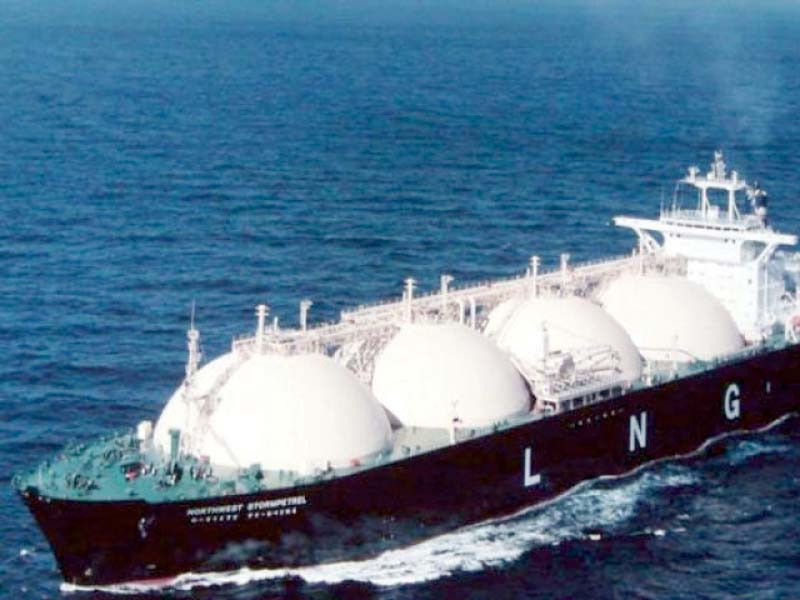
The decisions of different governments to divert expensive liquefied natural gas (LNG) to the residential consumers in winter in a bid to address gas shortages have resulted in piling up of huge consumer bills of Rs200 billion.
In the absence of a legal framework, the two public gas utilities running in the country have failed to recover the LNG bills from domestic consumers.
Pakistan State Oil (PSO) imports around eight to nine LNG cargoes per month from Qatar. Under the term contracts, the delivered cost of each cargo for February 2023, at the rate of $12.7148 per million British thermal units (mmBtu), comes to $41 million. The cumulative financial impact of nine cargoes imported in a month will be $369 million.
Sui Northern Gas Pipelines Limited (SNGPL), which has not been able to recover the LNG cost from domestic consumers, has to pay Rs492 billion to PSO on account of LNG supplies. This has sparked fears of disruption to LNG imports.
According to officials, LNG diversion to the domestic sector in winter always carries some tariff differential, which accumulated to a total of Rs200 billion up to February 2023. However, the budgetary subsidy to cover the differential is only Rs25 billion for the current fiscal year.
The Petroleum Division has so far released Rs12.50 billion after approval of the Finance Division.
On average, the power sector consumes up to 70% of re-gasified LNG whereas the remaining is supplied to the exporting and non-exporting industry, fertiliser manufacturers, commercial consumers, compressed natural gas (CNG) filling stations, cement firms and domestic consumers.
SNGPL provides RLNG to the exporting industry and fertiliser manufacturers at subsidised rates and their recovery is contingent upon the budgetary subsidy.
In the case of exporting industry, Rs40 billion has been allocated for subsidy in FY23, which is sufficient to meet the SNGPL’s requirement.
There were pending claims of Rs26.059 billion for the subsidised RLNG supply to two fertiliser plants, ie Fatima Fertiliser and Agritech Limited, till January 3, 2023, when the Economic Coordination Committee (ECC) decided to discontinue the subsidised supplies.
For the provision of RLNG to the power sector, payments to SNGPL were also overdue, which were not being fully realised timely.
In a recent meeting, the Petroleum Division informed the ECC that PSO had given an SOS call for releasing funds as the company’s liquidity position was under severe stress.
Its receivables had soared to an all-time high of Rs773 billion, most of which were owed by SNGPL, which had to pay Rs498 billion.
On the other hand, PSO’s borrowing had reached Rs411 billion, leading to a higher finance cost of Rs43 billion in the current fiscal year and the projected Rs73 billion for next year, which would completely erode the company’s profit.
As per contracts with LNG suppliers, PSO is required to clear an invoice on the 15th day after completion of cargo unloading and/or the 10th banking day after receipt of invoice from the supplier, whichever is later.
The release of budgetary subsidy is being delayed by the Finance Division owing to the constrained fiscal space and the limit on expenditures. This has led to the accumulation of subsidies of Rs14.45 billion for the exporting sector and the diversion of RLNG.
It may be recalled that the ECC, in its meeting held on January 3, 2023, considered and approved a summary of the Petroleum Division on the borrowing of Rs50 billion in favour of PSO backed by sovereign guarantee.
PSO was in the process of borrowing funds as the Letter of Comfort was lately issued by the Finance Division on February 16, 2023.
However, the company was of the view that even after the recent arrangement, there was not much improvement in its liquidity requirement, which may result in default on the international payment obligations.
Published in The Express Tribune, March 22nd, 2023.
Like Business on Facebook, follow @TribuneBiz on Twitter to stay informed and join in the st conversation.

1719315628-0/BeFunky-collage-(8)1719315628-0-405x300.webp)


1731329418-0/BeFunky-collage-(39)1731329418-0-165x106.webp)


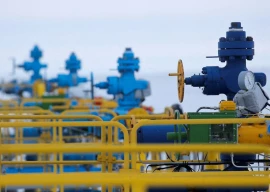


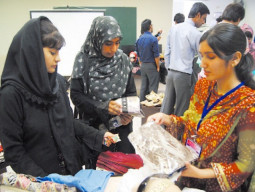

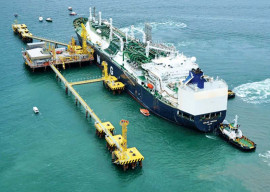
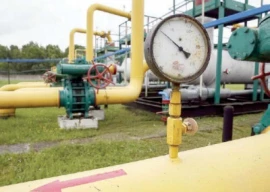
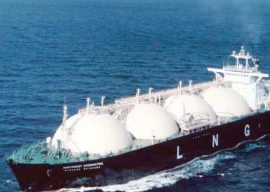






COMMENTS
Comments are moderated and generally will be posted if they are on-topic and not abusive.
For more information, please see our Comments FAQ